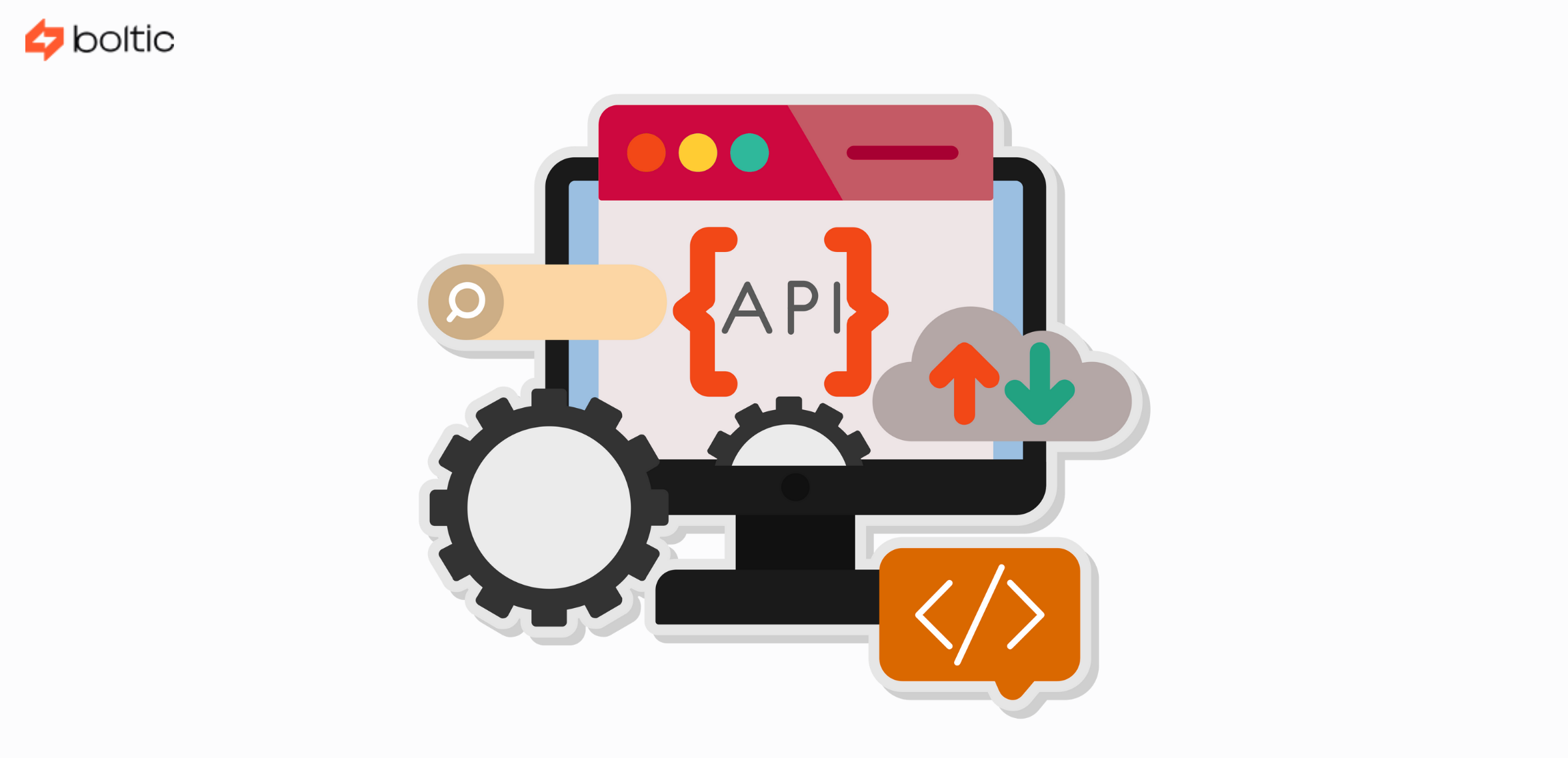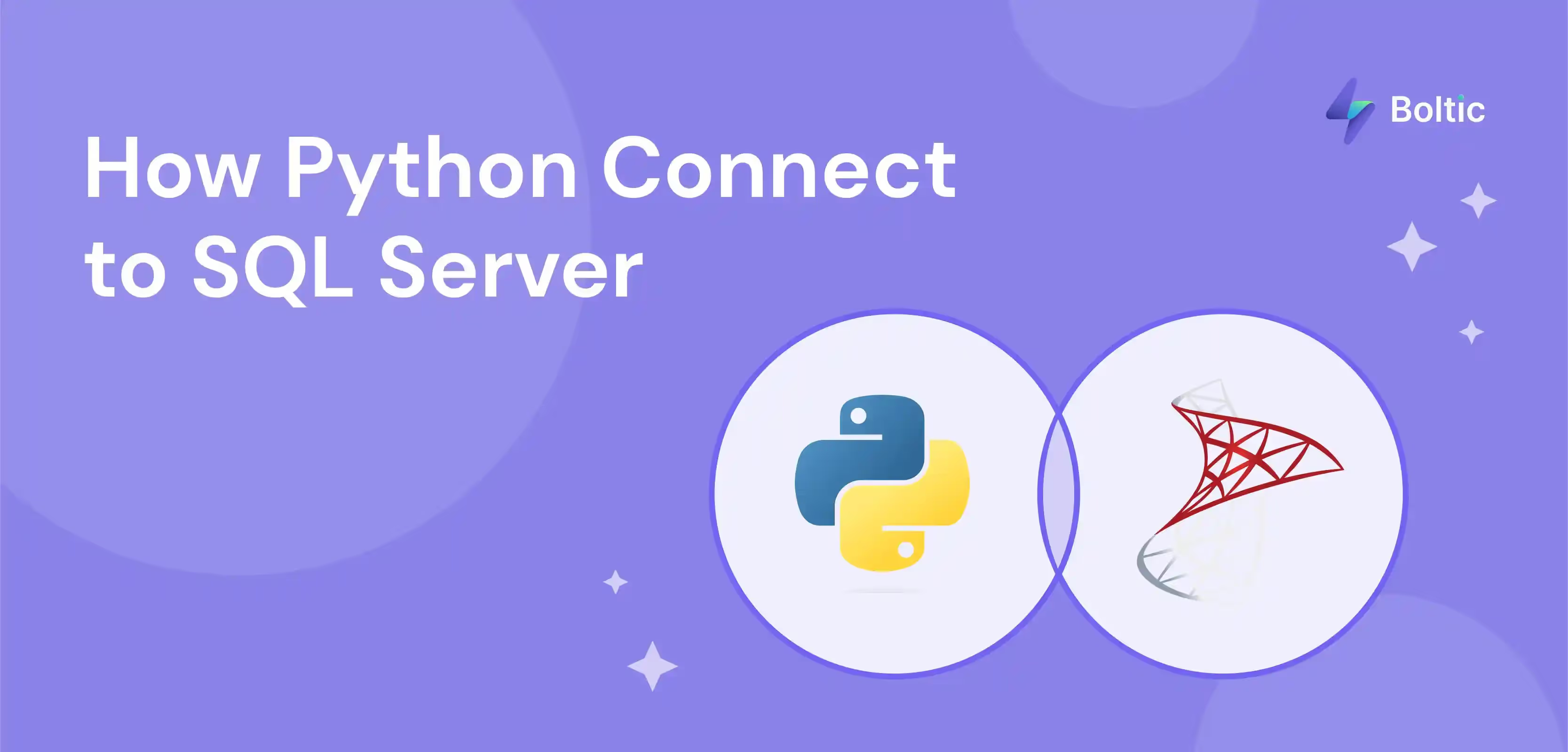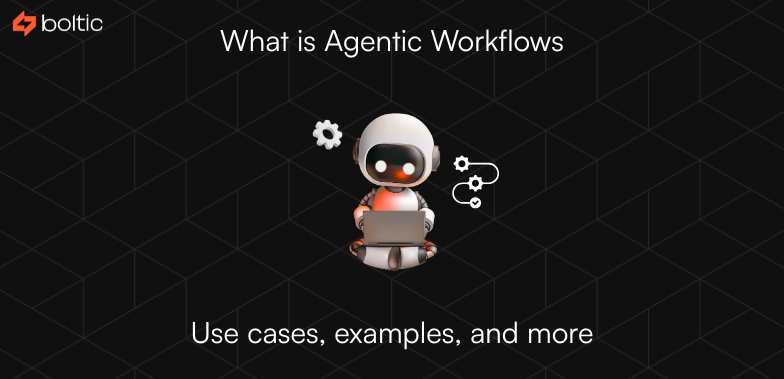The best SEO tools for keyword research will go beyond search volume and difficulty level. By highlighting intent, gaps in the competition and new trends, they help marketers create content that engages, ranks and delivers results. This article will compare the best keyword research tools (both free and paid), analyze their key features and look at how Boltic.io can be used to automate keyword research workflows.
What is a Keyword Research Tool?
The foundation of any successful SEO strategy is a seo tools keyword research. It helps writers, marketers and companies understand what their target audience is entering into Google or any search engine. The best SEO keyword research tool goes beyond search volumes. It is showing user intent, ranking difficulty and even uses artificial intelligence to predict trends.
What are the Keyword Metrics Available in a Keyword Research Tool?

You need to understand what the metrics in your keyword tool mean in order to make informed SEO decisions. Let's understand them:
- Search Volume (SV): It indicates how often a keyword is searched every month. However, bigger isn't always better.
- Keyword Difficulty (KD): It shows you how hard it is to rank the given keyword on the first page by factoring in backlink profiles, content depth and authority. However, Boltic.io goes one step further and provides more realistic contextual difficulty scores by taking into account factors like user engagement, domain authority and SERP volatility.
- CPC, or cost per click: It helps SEOs in identifying profitable keywords. A high CPC would mean that businesses find that keyword profitable, thus indicating stronger ROI potential for organic ranking as well.
- Click-Through Rate (CTR) Potential: While some keywords generate clicks, others are taken in by AI responses for snippets. This metric helps you prioritize the keywords that can bring traffic to your website by using tools like Boltic.io.
- Search Intent: It's important to understand the intent of the user whether it is transactional, compare, or informational. By grouping keywords, Boltic.io makes sure your content is precisely structured, which your audience is looking for.
- Seasonality & Trends: Boltic.io uses trend forecasting that monitors topic growth, seasonality and even social search indicators.
- SERP Features: Results are dominated by videos, AI summaries and featured Boltic.io SERP analysis dashboard lets you see what appears on page one and accordingly, one can modify their content.
How Does a Keyword Research Tool Work?
SEO keyword research tool shows you insights by pulling data from various sources.
- Collecting Data: Retrieves information from third-party APIs, Google and Bing.
- Filtering & Grouping: Search volume, cost per click and intent are used to group keywords.
- Suggestions: Boltic.io recommends keyword clusters and even creates ready-to-use keyword lists for blogs, advertisements and product pages and detects content gaps.
Why Keyword Research Matters in SEO?
Researching keywords isn't just the first step in SEO. Boltic.io moves keyword research into an automated strategy. It stands among the new generation of AI & data tools for SEO designed to analyze your current content, find untapped keyword opportunities and make suggestions to increase topical authority. To do so, it provides you with an actionable roadmap rather than endless keyword lists.
How to Use a Keyword Research Tool in 2026?
Here’s a simple roadmap that even the most SEO pros still swear by.
- Start with a Goal: Decide if you're optimizing the content for authority, conversion, or awareness.
- Input Seed Keywords: To generate suggestions, enter any base keyword.
- Sort by Intent: Determine whether a query is transactional or informational.
- Analyze your Competitors: Use the Keyword analysis tool to see which keywords bring traffic to competitor websites.
- Group Your Keywords Together: Boltic.io helps you create topic-based content by automatically grouping related terms.
- Monitor Performance: Researching keywords is an ongoing process. While free keyword analysis tools can provide you with immediate insights, Boltic gradually automates tracking.
With intent filters and AI keyword clustering, Boltic.io streamlines the decision-making process. You can instantly identify which clusters bring you reach and conversion.
Things to Consider When Selecting the Best Keyword Research Tool
The needs and objectives of your team will determine which SEO keyword research tool is best for you. Here's what to assess:
- Data Accuracy
- Usability
- Integration with Other SEO Tools
- AI's Potential
- Potential for Automation
- Paid vs. Free Plans
For quick lookups, keyword analysis tools can be excellent but they don’t automate tasks such as content forecasting or competitor tracking. Experts often need features like these and real-time updates that are unavailable with those tools. This is where Boltic.io have an edge. It integrates with tools such as Ahrefs and SEMrush to do away with guesswork from keyword strategy.
Top Keyword Research Tools in 2026: Features, Pricing and Free Version List

Top 10 Keyword Research Tools in 2026
1. Jasper AI
It is designed to help teams generate high-quality content while integrating SEO workflows. Jasper AI comes with pre-built prompts and AI templates to streamline content creation. This helps teams to maintain tone consistency. Its interface allows team members to collaborate, enabling real-time edits and workflow alignment. It is best suited for content creators, marketing teams and agencies that need to scale content production efficiently yet quickly.
2. SEMrush
For in-depth competitor and keyword research, SEMrush is preferred. Granular keyword metrics, search intent, SERP features and competitive keyword gap insights are all included in this tool.
From the Keyword Magic Tool for extensive research to SERP analysis, topic clustering and backlink-driven keyword value estimation, its strength is in its range. Additionally, you can track changes in rankings and track the performance of competitors' content over time.
Its SEO Content Template and writing assistant, which instantly scores your content and makes sure it complies with SEO guidelines, is another noteworthy feature. SEMrush is helpful for websites running both organic and paid campaigns because it incorporates PPC research. Although it is quite powerful, beginners may find it overwhelming and it is somewhat pricey.
3. Ahrefs
Since Ahrefs is so well-known for its competitive intelligence and backlink database, its keyword research is extremely trustworthy. Accurate search volumes, click data, difficulty scores and estimated traffic potential are all included in its keyword reports.
Showing how much traffic a keyword can generate to a whole topic-rather than just a single phrase-is Ahrefs' special strength. This helps SEOs in structuring content around topic clusters rather than individual keywords. Additionally, you can see which pages rank, how many backlinks they have and where your competitor's content strategy is lacking.
4. Ubersuggest
It is an affordable, data-rich solution that is particularly helpful for small businesses and solo entrepreneurs. It offers competitor data, content ideas, difficulty metrics and keyword recommendations. Content Ideas is a noteworthy feature that extracts real-world content performance data, such as traffic estimates and social shares.
5. Moz Keyword Explorer
Moz Keyword Explorer's "Priority Score," which combines search volume, CTR and ranking difficulty into a single figure and its clear, understandable keyword metrics are well-known. For content marketers trying to plan for long-term organic growth, its keyword recommendations and SERP analysis tools are useful. To create a well-rounded SEO toolkit, Moz also incorporates its link explorer and site auditing tools. It isn't as quick or as data-rich as Ahrefs or SEMrush, though. Moz excels at making keyword planning simple and straightforward.
6. Google Keyword Planner
Advertisers use Google Keyword Planner, a completely free PPC keyword tool that's also excellent for basic keyword research. It offers bid projections, cost-per-click estimates, search volume ranges and competition information. In order to help you understand traffic and budget expectations for paid campaigns, it also provides keyword forecasts. In addition to the fact that you can filter by device, language and geography, you can even extract keyword suggestions straight from a URL.
Since it's designed for ads, it's not as effective for pure organic content strategies; however, it's perfect for obtaining raw data from Google and identifying high-value commercial keywords.
7. KWFinder
KWFinder is incredibly user-friendly and provides comprehensive keyword metrics, such as search volume, KD score, intent tagging and SERP profile.
Keyword opportunity insights, which point out shortcomings in the current ranking results, like out-of-date pages or content gaps, are its most notable feature. This gives you more than just numbers; it gives you direction that you can follow. For simpler keyword tasks and broad competitive analysis, KWFinder is perfect.
8. Google Trends
Understanding shifts in search demand, seasonal patterns and market interest over time is made accessible by Google Trends. Instead of focusing on volume, it shows relative popularity and emerging/breakout search terms, which is ideal for identifying popular subjects and early-stage keywords that competitors haven't yet discovered. Data can be categorized by time period, industry, region and even keyword performance.
Although Google Trends stands out for content timing and emerging keyword detection, it should always be used alongside another tool because it fails to show hard numerical volume.
9. AnswerThePublic
AnswerThePublic, which is particularly helpful for long-tail and FAQ content, visualizes search terms and phrases people use around a keyword. It gathers autocomplete information from Bing and Google and arranges it into "what, why, how, when, which" queries. This is perfect for creating FAQ-rich articles, YouTube SEO and content ideation.
10. The Keyword Surfer
It is considered a good option if you're looking for an SEO assistant for quick research to understand your competitors. Boltic automates the task of filtering and helping you create a strategy, whereas traditional tools only offer keyword lists and metrics. Since it learns from your previous searches, it is the most time-efficient keyword research tool out there.
How to Choose the Best Keyword Research Tool?
The best keyword research tool depends on many factors and some of them are pointed out below:
- Size of the Team: While companies require automation, independent creators or freelancers might prefer a simple keyword analysis tool.
- Budget: Before choosing the tool, compare free and paid keyword analysis tools.
- Goal Type: If your goal is to scale your existing blogs, Boltic's automation can help you save hours each week by creating topic clusters.
Why Choose Boltic.io for Automating Keyword Research
Boltic.io isn't just another SEO keyword research tool. Here’s what sets it apart:
- Provides you with real-time data and insights: With the help of generative AI, Boltic provides you seo data in real time. This allows teams to spot trends and make informed decisions accordingly.
- Keyword Discovery Powered by AI: Analyzes numerous queries to identify keywords that people often overlook.
- Workflow Automation: Converts keyword lists into content strategies that can be implemented into your work.
- Real-Time Data Synchronization: It syncs keyword metrics, competitor data and trends across your integrated tools. This helps teams to make their SEO strategy based on the latest insights.
So, teams can use Boltic.io to connect with tools like SEMrush and Ahrefs as it enables automated reporting, collaborative planning and shared keyword pipelines. Boltic.io is closer to having an SEO analyst operating in the background if your priorities are efficiency, automation and scaling content.
Conclusion
It should be apparent by now that your SEO success depends on the SEO keyword research tool you choose. Once you have compared the platforms and picked the suitable one, the next step is to streamline the entire process and that’s where Boltic.io steps in. It is not just a keyword research tool itself but as an automation engine that connects everything. It pulls data from tools like Ahrefs and SEMrush, organizes keyword sets and sends insights.
drives valuable insights
Organize your big data operations with a free forever plan
An agentic platform revolutionizing workflow management and automation through AI-driven solutions. It enables seamless tool integration, real-time decision-making, and enhanced productivity
Here’s what we do in the meeting:
- Experience Boltic's features firsthand.
- Learn how to automate your data workflows.
- Get answers to your specific questions.








